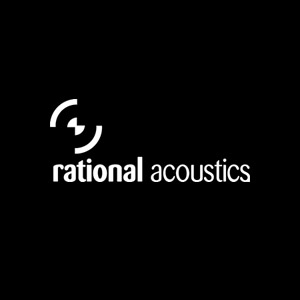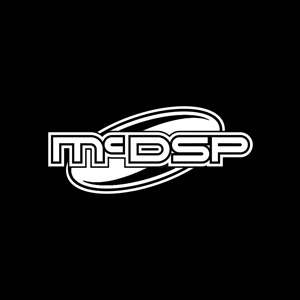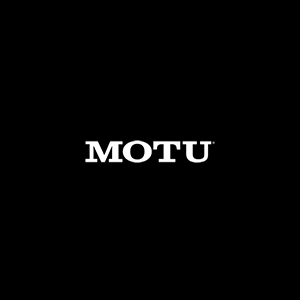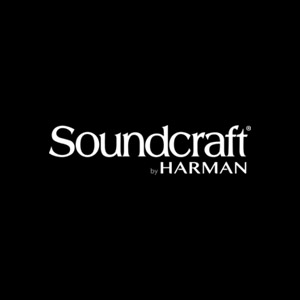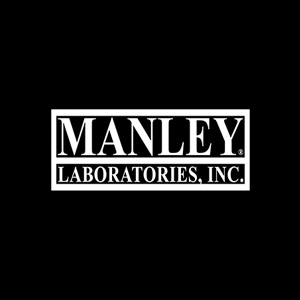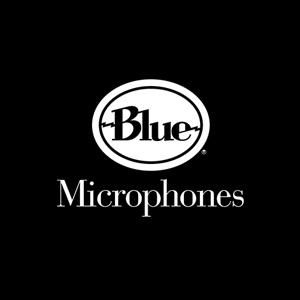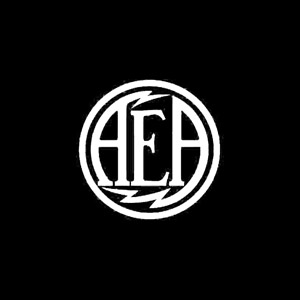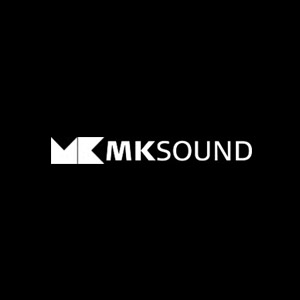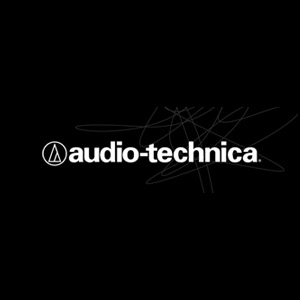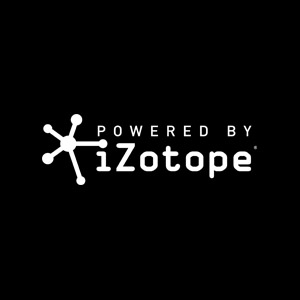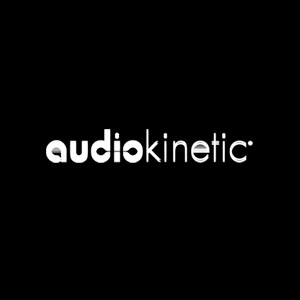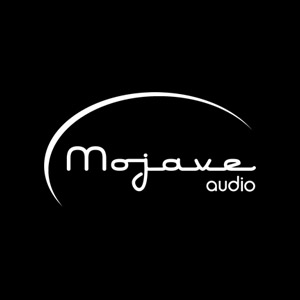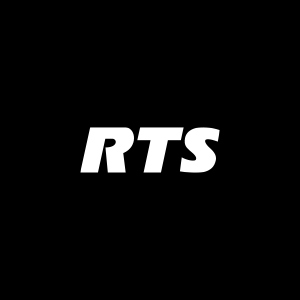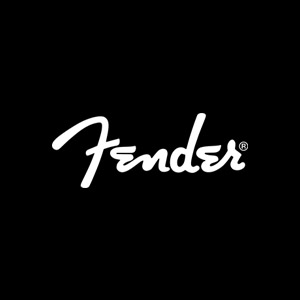Mobile TV Group recently made great use of a unique education program developed by soon-to-be Sports Broadcasting Hall of Famer Fred Aldous and The Conservatory of Recording Arts & Sciences by hiring Billy Reardon, who joined MTVG as an intern, to a full-time position. “I always knew that I wanted to do something with A/V, and so I moved from Denver to Tempe (to attend CRAS) when I was 22 after I graduated from CU Boulder,” explains Reardon, who added that CRAS personnel contacted Mobile TV Group about the initial internship. After the internship, Reardon was hired full-time by MTVG on Oct. 1.
“The goal of the internship was to see how I adapted to a new environment and to see if I was a good fit for the training program for the engineer position on truck 21HDX based out of Detroit,” Reardon adds. “I am now the second engineer on that truck. Without the internship I would not have had the basic foundation of knowledge to complete the training program.”
Established in 1994, Mobile TV Group (MTVG) provides mobile unit services to the networks that telecast the games of approximately 50 percent of all NBA, NHL, and MLB teams. In recent years, MTVG has added an increasing number of national events, college sports and entertainment events, totaling more than 4,000 events annually. With 30 mobile units (plus “B” units, audio trailers, etc.), MTVG is able to base its facilities, engineers, and drivers all over the U.S. effectively providing local service to the regional networks and to visiting national networks.
“There was a void in the industry for that next generation of broadcast engineers, and something needed to be done,” explains Aldous. “I reached out to the Conservatory three years ago and together we developed a curriculum that properly instructs, trains, and prepares students so that the industry will have an ongoing stream of new interns and entry-level professionals to fit their needs immediately.”
According to Kirt Hamm, CRAS administrator, “With Fred’s continued help, we’ve now offered the broadcast curriculum for the past two years. We apply the same standards that we’ve offered in our audio recording curriculum for the past 30 years to our broadcast curriculum. Interns, such as Billy Reardon, are now making their way into the industry, properly prepared to meet the needs and exceed the expectations of any broadcast company.”
The Conservatory of Recording Arts & Sciences is composed of two nearby campuses in Gilbert and Tempe, AZ. A CRAS education includes broadcast audio, live sound, film and TV audio, music, and video game audio, all taught by award-winning instructors who have all excelled in their individual fields, including sound reinforcement, audio recording and production, digital recording, troubleshooting/maintenance, and music business.
“CRAS taught me how to communicate with others effectively, how to react under pressure, what to expect from a client, as well as applicable technical engineering skills,” Reardon says. “I was an intern at MTVG’s main HQ for three months, where I made cables, labeled gear, organized gear, and helped with basic construction of the truck being built at the time. Both my education and internship were great experiences, and both were revealing of the A/V industry.”
Adds Nick Garvin, MTVG director of business development, “Billy’s performance and hard work as an intern made it an easy decision to give him a shot at the training program, which is very competitive. Not everyone makes it through the training program to full employment, but Billy did. He showed up every day with determination and he worked hard. It was these traits, along with his experience at CRAS that got him to full employment at MTVG.”
CRAS’ structured programs and highly qualified teaching staff provide a professional and supportive atmosphere, which is complemented by small class sizes allowing for individual instruction and assistance for students in both engineering audio recordings and broadcast environments. The curriculum and equipment are constantly being updated to keep pace with the rapid advancements in the music and sound recording industries, including a new 42-foot mobile broadcast unit.
The 11-month program is designed to allow every student access to learn and train in all of the Conservatory’s studios which are comprised with state-of-the-art audio recording and mixing gear, the same equipment used in today’s finest studios and remote broadcast facilities, including Pro Tools 11, API Legacy consoles, SSL 4000 Series and AWS Series consoles, Studer Vista consoles, and much more. All students must complete a 280-hour industry internship to graduate from the Master Recording Program II that may ultimately lead to industry employment. In 2015, in total, 47 CRAS graduates hold credits for their work with 50 artists or bands that are up for awards in 42 out of 83 categories at the 57th Grammy Awards.
